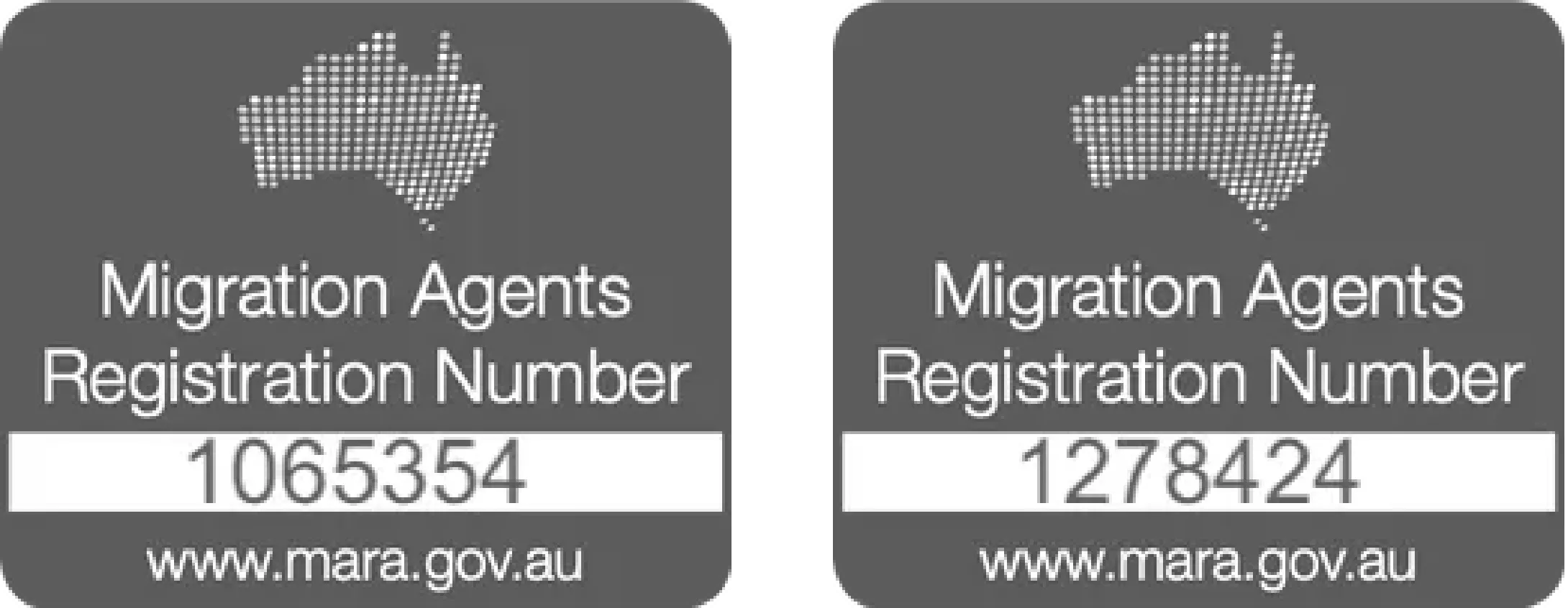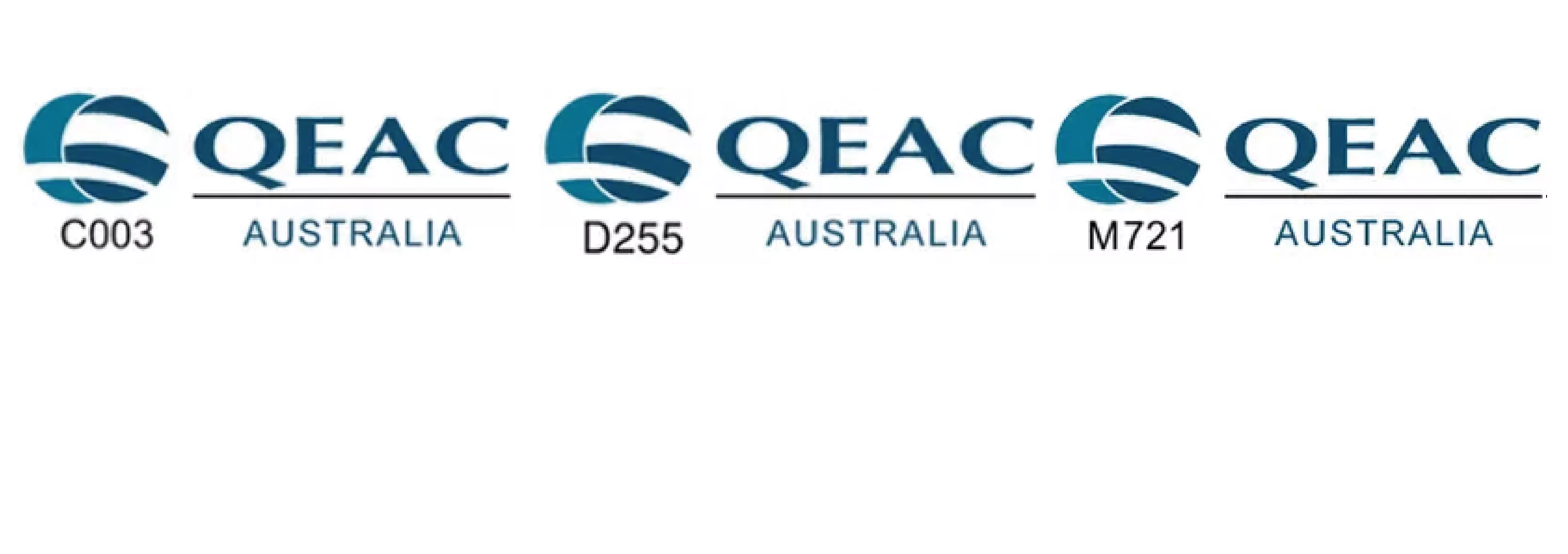During the time you study and live in Australia, you may need to encounter a Justice of the Peace (JP) who is required to sign and verify when preparing various documents. Some may ask, what is a JP? Are lawyers and doctors a type of JP? Where can I find a JP? Do you need to pay for a JP? Today, AC&T is here to reveal what JPs do in Australia.
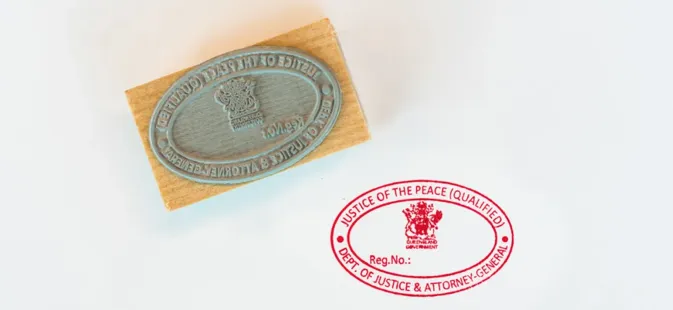
What is a Justice of the Peace?
Justice of Peace or JP for short, can also be called a Justice of the Peace. It is a kind of title that originated in the United Kingdom and appointed civilians by the government to maintain community peace, prevent illegal penalties and handle some simple legal procedures. At present, Commonwealth countries such as England, Wales, Australia, Canada, New Zealand, Malaysia, the United States, Singapore, Hong Kong and other places have JP systems, but the definition and requirements of a JP are different in each region.
JP in Australia is a title that represents independent and objective witness. It is considered as voluntary work and has certain quota restrictions. Usually held by citizens with good records in the community, who has the right to witness and sign the Statutory Declaration, affidavits and witness documents. JP is only responsible for witnessing the authenticity of the document, not for its correctness, and the service is free.
In Australia, different states have different requirements for JP. Therefore, the powers and appointment conditions granted to JP vary from state to state. From 1991 onwards, JP needs to have basic knowledge of the law in order to apply. In Victoria, you can become a JP as long as you prove your character is good through a qualified third party.
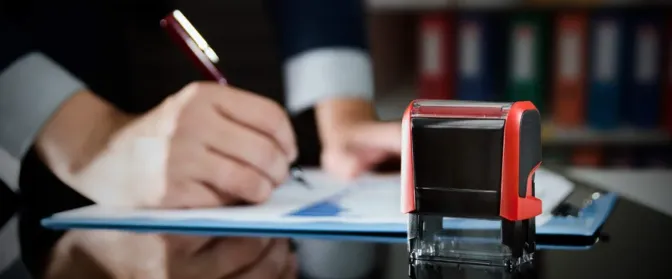
What can a JP do?
Although JP has different authorities in each state, the following are a list of rights that JP can do regardless of where they are registered:
• Witness the signing of an affidavit, statement or testimony
• Witness and sign the Statutory Declaration
• Witness signature
• Witness document execution
• Notarise copies of documents
At the same time, Queensland lawyers can be directly appointed as a JP without additional training or qualifications. After appointment, they have the full power of justices of the Magistrates' Court. The declaration, referred to as Commissioner of Declarations, short for C.dec, has the power to witness statutory declarations, oaths, and notarised documents.
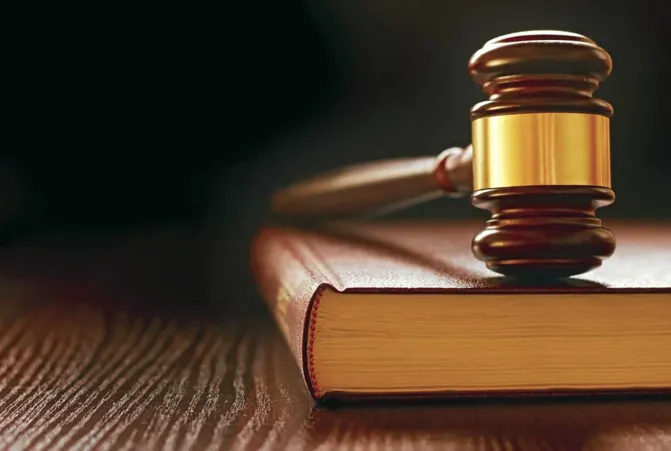
Where can I find a JP?
ACT
https://www.accesscanberra.act.gov.au/app/answers/detail/a_id/19
NSW
https://www.jp.nsw.gov.au/
QLD
https://www.justice.qld.gov.au/justice-services/justices-of-the-peace
VIC
https://www.justice.vic.gov.au/justice-system/legal-assistance/find-a-justice-of-the-peace-at-a-document-signing-station
SA
https://www.sa.gov.au/topics/rights-and-law/rights-and-responsibilities/justices-of-the-peace/find-a-jp
WA
https://www.wa.gov.au/service/justice/civil-law/find-justice-of-the-peace-your-area
TAS
https://www.justice.tas.gov.au/justice-of-the-peace/find
NT
https://nt.gov.au/law/processes/justice-of-the-peace-and-commissioner-for-oaths/find-a-justice-of-the-peace
A friendly reminder: When looking for a JP for signatures, you must bring your passport and documents that needs to be signed. If there are requirements for the identity of the signatory, you must bring your own visa. If you have documents that needs to be witnessed and signed by a JP, you cannot sign before you see a JP!
The above is the introduction about the JP in Australia, we hope it will be helpful to your study abroad life!




